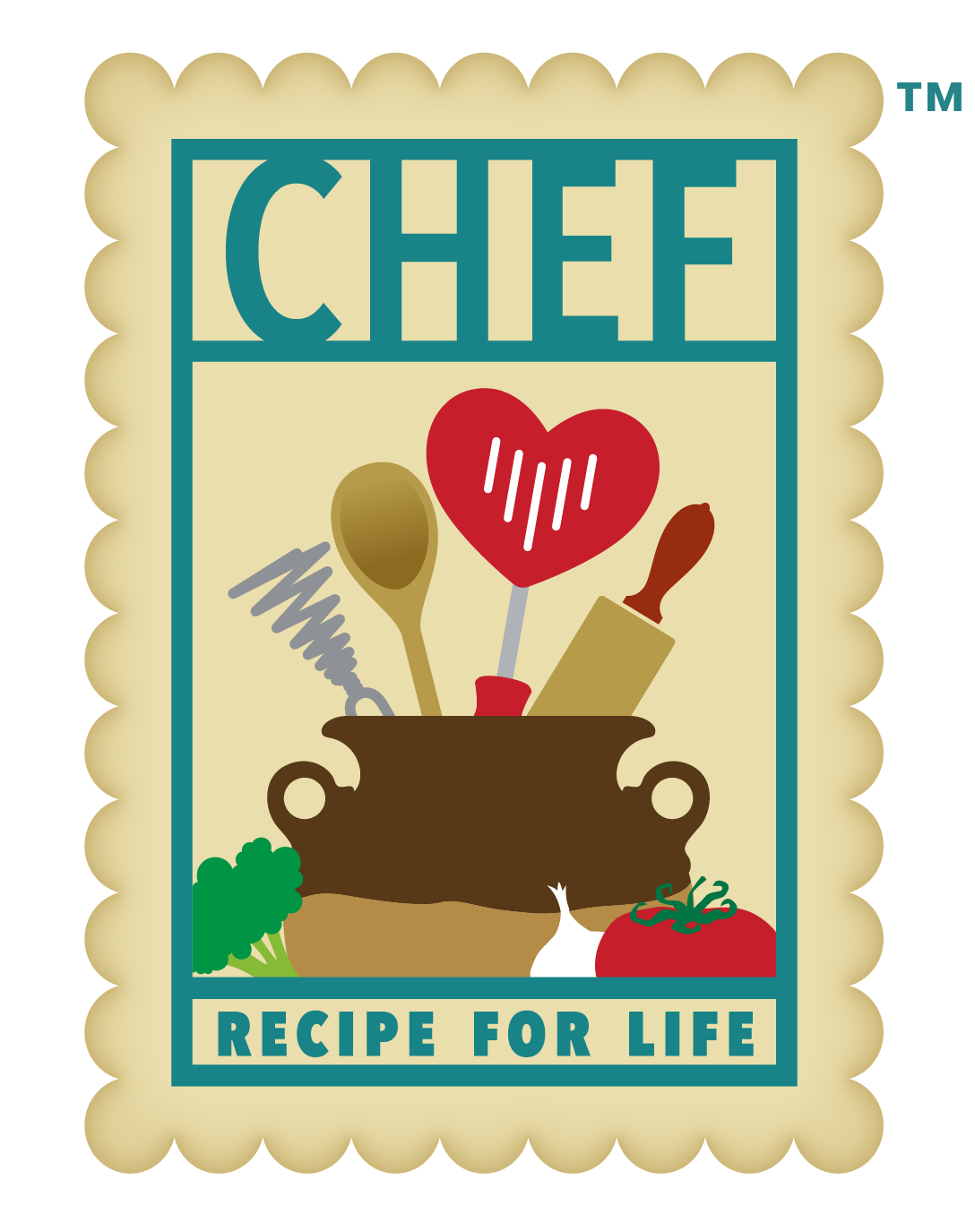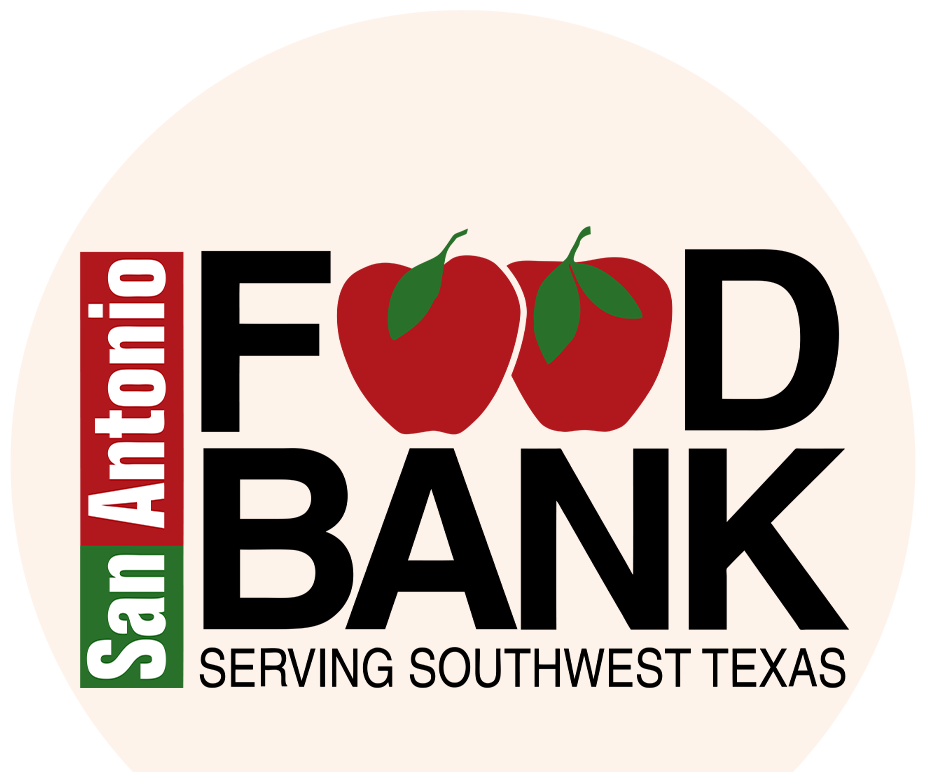Well-Child Care
24 Months Old
Happy 2nd birthday! At 24 months old, you and your family celebrate another year of life with your little one. Take the time to think about how much has changed in the past year. What were some of the highlights that you remember? What were some challenges, and how did you overcome these struggles? Time can fly by, so it is important to reflect on the past as you look to the future. While the twos are often known to be trying and challenging, many developmental changes are happening with your toddler to look forward to. Check out this block’s Family Activity for creative and fun ways to help your child continue to develop their fine motor skills while helping you out in the kitchen.
Developmental Milestones
- Social & Emotional: Your toddler’s social and emotional learning will come from what they observe from the world around them. They will look at your face to see how you react to a new situation.
- Language & Communication: Your toddler will communicate by using gestures, like blowing a kiss to say good-bye or nodding to say yes. They will also start to put at least two words together to make a sentence, like “More milk.”
- Learning & Thinking: Your toddler will start to play with more than one toy at the same time by holding something in one hand while using the other. Switches, knobs, or buttons will also start to interest your baby more with their dynamic movements.
- Movement & Physical Development: By age two, your baby can kick a ball, run, walk up a few stairs, and eat with a spoon.
Nutrition Needs
Nutrition Basics
Knowing what type of food to feed your child can be tricky to navigate, especially as their food habits change over time. The American Academy of Pediatrics and the Dietary Guidelines for Americans offer general guidelines for how much to feed your toddler from 2 to 5 years old.
-
- Fruits– 1 to 1 ½ cups per day. ½ cup of fruit equals ½ cup of mashed or chopped fruit, ½ a medium banana, or 4 fluid ounces of 100% fruit juice.
- For children under three years old, 100% fruit juices should be limited to 4 fluid ounces daily.
- Vegetables– 1 to 2 cups per day. ½ cup of vegetables equals 1 cup of raw leafy greens, 4 fluid ounces of 100% vegetable juice, or ½ cup of mashed or chopped vegetables.
- Grains– 3 – 5 ounces per day. 1 ounce of grains equals 1 slice of bread, 1 small tortilla, 5 crackers, ½ cup cooked rice or pasta, or 1 cup ready-to-eat cereals.
- Protein– 3-5 ounces per day. 1 ounce of protein food equals 1 egg, ¼ cup of cooked beans, or 1 ounce of cooked animal-based protein, like meat, chicken, or fish.
- Dairy– 2 cups per day. 1 cup of dairy equals 1 cup of fluid milk, 1 cup of yogurt, 1 string cheese, or 3 dice-sized cheese cubes.
- Fruits– 1 to 1 ½ cups per day. ½ cup of fruit equals ½ cup of mashed or chopped fruit, ½ a medium banana, or 4 fluid ounces of 100% fruit juice.
Appetite Changes
How fast your child grows tends to affect their appetite. Remember how often you fed your baby in the first few days, weeks, and months after birth? Your child was experiencing many growth spurts during that year and needed the energy from breastmilk or formula to support their growth. Children between two and five years old tend to have a change in their appetite because they are not growing as fast as before. If you notice a change in your child’s appetite, don’t stress. Here are a few tips to help you navigate their changing appetites.
-
- Keep offering. Remember, it is the parent’s job to offer food and your child’s job to decide how much to eat.
- Encourage physical activity. Staying active burns more calories while boosting your child’s appetite.
- Stick to the schedule. Give your child a 10 to 15-minute heads up before mealtime to remind them to check in with their appetite and hunger cues.
- Offer smart snacks. Keeping snacks with you that combine carbohydrates with proteins and fats can help your child feel full longer. Try apples with sunflower butter, carrots with hummus, or trail mix when on the go.
- Never force feed. Never force your child to eat their food or clear their plate. Instead, keep a positive attitude and continue offering nutritious foods.
Kitchen Tips
Engaging your toddler in the kitchen is a great way to excite them about trying new foods. Include your child in the meal planning, buying, preparation, and cleanup process to build their excitement.
-
- When planning meals for the week, ask your child what they would like to eat. Getting their input can help the pickiest eaters be motivated for mealtimes. Just remember that you make the final decisions on what, when, and where to eat.
- When at the grocery store, allow your child to explore the aisles and produce with you. Let them pick one or two ingredients that they want to try. Start by allowing them to choose one fruit and one vegetable to experiment with for the week.
- When preparing meals, allow your child to help by washing produce, mixing ingredients, and building their own tacos, sandwiches, or salads. As they age, allow them to cut the produce with a child-safe knife, crack the eggs, measure ingredients, and read the recipes.
- When cleaning up, have your child help with washing the dishes, clearing the table, sweeping the kitchen or dining room floor, and putting up utensils.
Remember, always observe your child when in the kitchen. Never leave them alone to prepare or eat by themselves. Instead, encourage them to have fun and stay active in the kitchen.
Recommended Recipes

Family Engagement Activity
- Engaging your child in the kitchen at a young age can be a fun way to develop their fine motor skills while boosting their confidence. Including your child in preparing your next meal can also build your child’s interest in new foods and help them explore different flavors, textures, and ingredients.
- The USDA’s Kitchen Helper Activities for 2-5-Year-Olds handout has outlined several ways your child can help you in the kitchen. Download their handout for inspiration here.
Caregiver's Corner
Throughout the first years of your baby’s life, they constantly learn from the world around them. Catherine Baker, MS, CCC-SLP, a Speech Language Pathologist from CHRISTUS Children’s, offers insight into typical language milestones for your baby from birth to three years old.
-
- From 0-5 months old, your baby should start making different sounds aside from crying, depending on their feelings. Familiar sounds include cooing, laughing, or repeating vowel sounds, like ah or ooh.
- From 6-12 months old, your baby should start understanding familiar words, like “mom” or “dad,” and try to imitate your sounds. Always speak to your baby when changing their diapers, feeding them, or putting them to bed. They are learning how language works from each experience.
- From 12-24 months old, your toddler should be using about 50 different words to label people, food, or toys within their environment. Throughout this time, your child is learning to create two-word sentences, like “more ball” or “bye daddy.”
- From 24-36 months old, your child should be able to know, say, or identify more than 200 different words. At this age, your child should be able to create three-word sentences, like “more juice, please.”
- By 3 years or 6 months old, your child should be able to say four to six-word sentences. They should also be able to answer simple questions and follow one-step commands without help, like “Pick that up, please” or “Don’t do that.”
Remember, you are around your child daily, so you can pick up on how they say different words or know what they call other objects. Unfamiliar friends and family may need help understanding your child. If you are concerned about your child’s speech development, ask your pediatrician for a referral to a Speech Language Pathologist trained to evaluate your child’s development.





